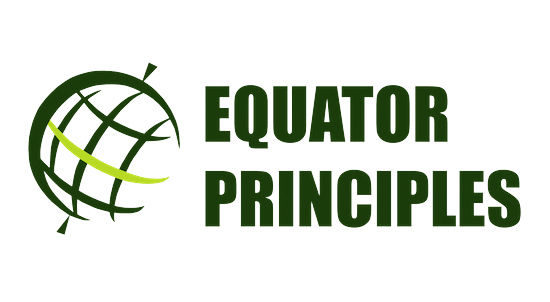Civil Society Groups Call for an Accountability Mechanism for the Equator Principles

Seventy-nine civil society organisations and partners have submitted a joint statement to the Equator Principles Association (EPA) and signatory banks expressing disappointment that the current review process of the Equator Principles does not go far enough to strengthen accountability and ensure access to remedy. With the EPA currently revising the fourth iteration of the Equator Principles, the “EP4” review should be a moment of ambition for advancing accountability in project finance.
The Equator Principles is a risk management framework for determining, assessing, and managing environmental and social risks in project finance. It is currently adopted by 97 financial institutions, including private sector banks and several national export credit agencies, known as Equator Principles Financial Institutions (EPFIs). Currently, there is no requirement for EPFIs to establish accountability offices themselves or for the EPA to create a centralized accountability office to address grievances and harms relating to EPFI financing.
The joint statement calls upon the EPA to launch a formal process to develop an EPA-level accountability office to which project-affected people and other legitimate stakeholders can raise instances of alleged non-compliance with the Equator Principles. Establishing a central and independent accountability office at the initiative level is not only necessary for the Equator Principles to meet the standards laid out in the UN Guiding Principles on Business and Human Rights, but also to effectuate the Equator Principles’ intended role as a tool for improved due diligence, risk management, and continuous institutional learning.
The joint statement, coordinated by Accountability Counsel and BankTrack, was signed by 79 partners including Amazon Watch, BIC Europe, CEE Bankwatch, Center for International Environmental Law (CIEL), Centre for Research on Multinational Corporations (SOMO), Greenpeace, Global Witness, Fair Finance Guide International, Inclusive Development International (IDI), International Corporate Accountability Roundtable (ICAR), International Rivers, Oxfam, Sierra Club, and Women’s Earth and Climate Action Network International (WECAN).
The joint statement is a culmination of years of persistent advocacy by civil society groups to urge the EPA to recognize the importance of accountability for harm caused by EPFIs. As the Equator Principles is now undergoing a review process, the EPA has an opportunity to heed the calls of civil society and effectively ensure that problematic projects financed by EPFIs that result in environmental and human rights issues can be addressed through the creation of an accessible, centralized, independent accountability office at the EPA. Read the full statement here.

